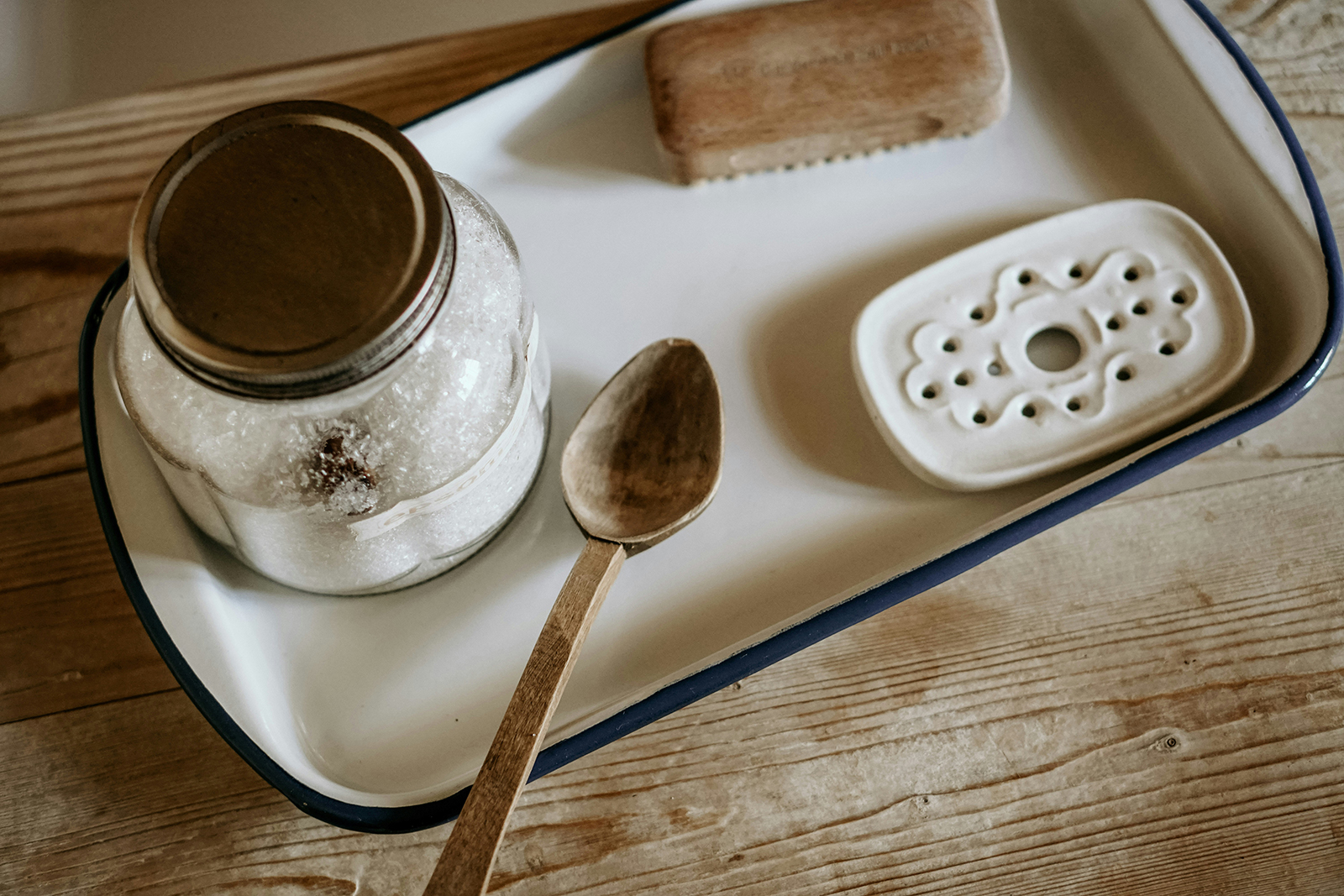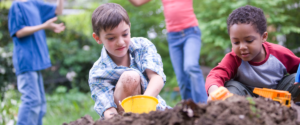
MINDFULNESS FOR PARENTS AND CARERS
A new school term and managing busy schedules is never without its challenges. The new year means building and establishing new routines that will work with your families core priorities, needs and wants whether it’s work, school, sports, social or education centred. At times this can feel like an uphill battle. Please know you are not alone in this. We see you, we hear you and we acknowledge all the effort and work you have put into the start of this year. The flexibility, patience and even changes parents have made for their children’s appointments is amazing to see.
As Occupational Therapists and Therapy Assistants, we visit your home to provide intervention solutions to support your child’s release of emotions and to promote emotional regulation, social awareness, sensory processing and overall well being.
Our parents work incredibly hard to maintain routines, be present and continue to support ongoing therapy within the home. But what I’d like to reflect on today are some coping strategies for our parents. To offer some suggestions that allow you a moment to ground yourself and recharge.
Most of us struggle to prioritise time for ourselves but it is essential for our wellbeing to take a few minutes each day to increase and support a positive mind-body balance. The way in which we can achieve this is through mindfulness practice.
Mindfulness has several key characteristics:
Mindfulness is defined as a state of being in which individuals bring their attention to experiences occurring in the present moment, in a non-judgemental or accepting way.
- It involves a receptive awareness and registration of inner experiences (emotions, thoughts, behavioural intentions) as well as external events.
- Mindful information processing is pre-conceptual. Meaning, in a mindful state, individuals are purely noticing what is happening rather than evaluating, analysing, judging or reflecting upon it.
- Mindfulness is also characterised by a present-oriented consciousness where individuals focus on moment-to-moment experiences rather than thinking about the past or fantasising about the future.
There are many benefits to mindfulness that include:
- Stress reduction
- Increasing working memory
- Increase focus
- Reduced emotional reactivity
- Increased cognitive flexibility
- Enhance self awareness
- Increase intuition
- Reduce fear modulation
This also supports the notion that mindfulness training addresses a basic skill in self regulation capacities. This is a vital skill as a parent who is often providing an example of healthy emotional regulation to their children.
In order to become more mindful, I thought I’d give you some specific strategies that you can try. These include:
- Setting intentions or positive affirmations each morning.
- Keeping a gratitude journal. Think of all that you are grateful for in the present moment, this can make difficult periods of time easier.
- Grounding your body by stepping outside for 5 minutes with bare feet. You can also practice grounding yourself by paying attention to the soles of your feet as you walk. With each step notice how your weight shifts from the center to the ball of your foot. Maintain steady breathing throughout this exercise. This is called “earthing”.
- While the kids are asleep or busy being kids, find a place where you can be alone and savor the silence just for a moment.
- Square breathing. Inhale, hold, exhale, hold with a count of 4 at each stage. This type of breathing supports deeper and slower breath. It works by distracting your mind as you count to four, calming your nervous system, and decreasing stress in your body
- Colouring in is a way to focus your thoughts, focus on the current moment and decompress.
- Completing 5 senses work. Notice the world around you, via sound, sight, touch, taste, and smell. By doing this, you are grounding yourself by increasing your awareness of your body and your environment.
- Completing a body scan. Sit or lie down in a comfortable position. Close your eyes to reduce the number of stimuli. Start at the top of your head and work all the way down to your feet. Pay close attention to what each area of the body feels like, giving yourself increased awareness and bringing your focus to your own body and what it needs.
It’s vital that we take time out to be mindful each day. Looking after your wellbeing only affects your child’s in significantly positive ways. We want each of our parents and carers to know that we are here to support you as well as your children – as we are always family focused. For any more information please don’t hesitate to ask your therapists or assistant any time!
References
Davis, L. W., Strasburger, A. M., & Brown, L. F. (2007). Mindfulness. An intervention for anxiety in schizophrenia. J Psychosoc Nurs, 45, 23-29.
Hülsheger, U. R., Alberts, H. J., Feinholdt, A., & Lang, J. W. (2013). Benefits of mindfulness at work: the role of mindfulness in emotion regulation, emotional exhaustion, and job satisfaction. Journal of applied psychology, 98(2), 310.
Until next time,
Maddie
ORIGINALLY PUBLISHED MAY 4, 2022






Leave a Reply